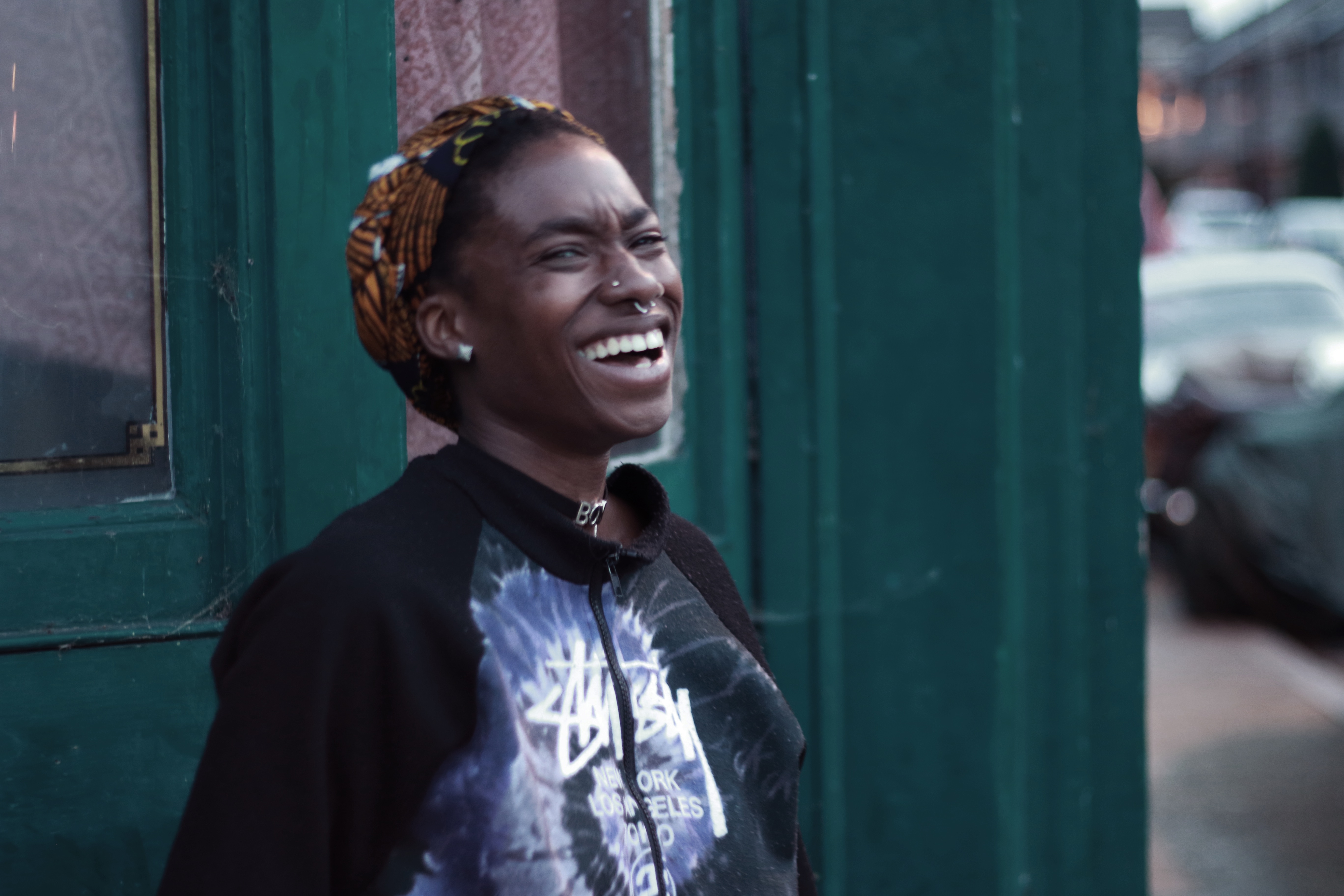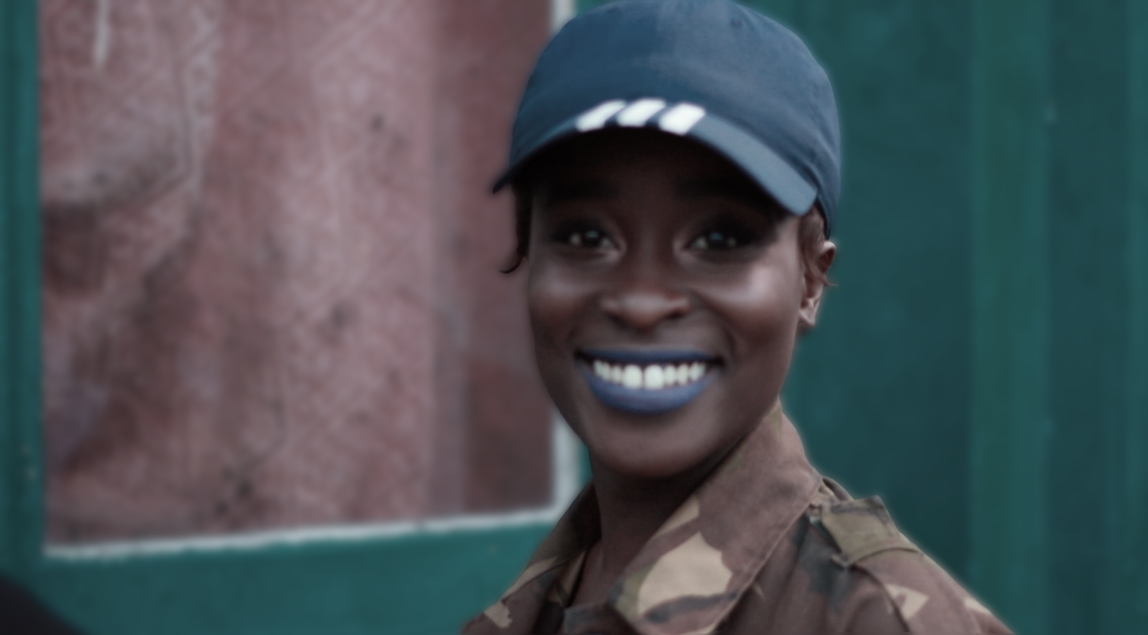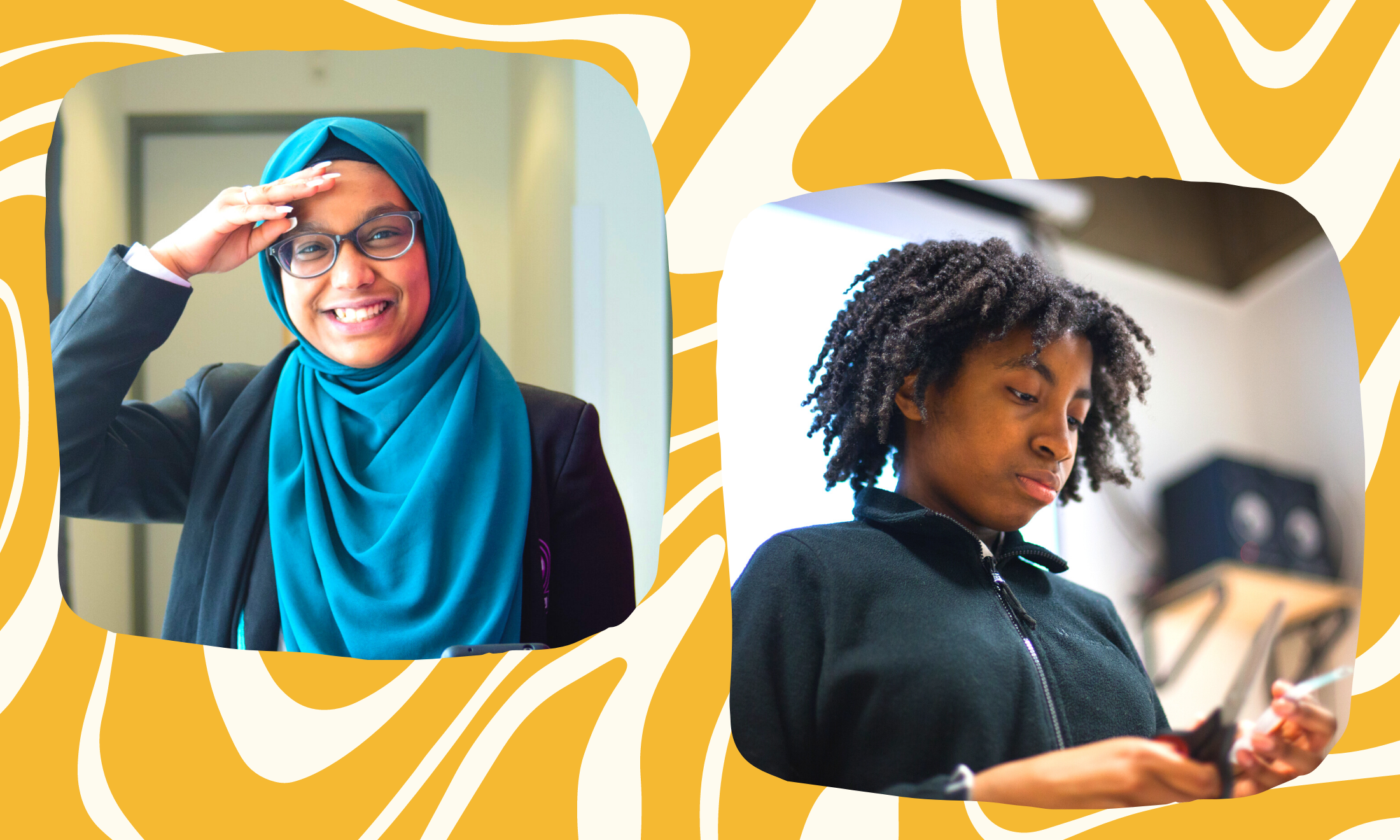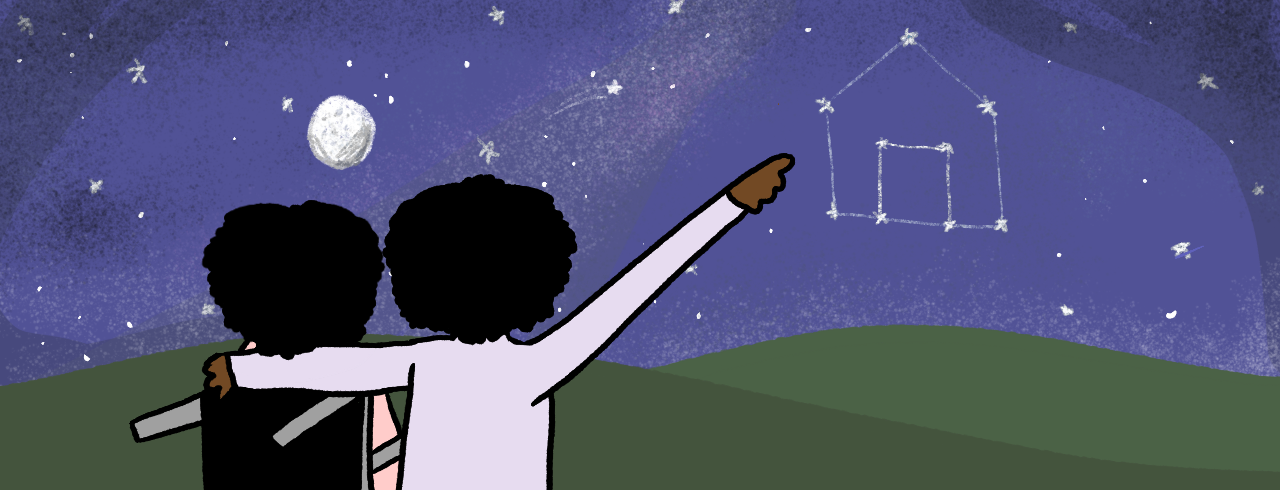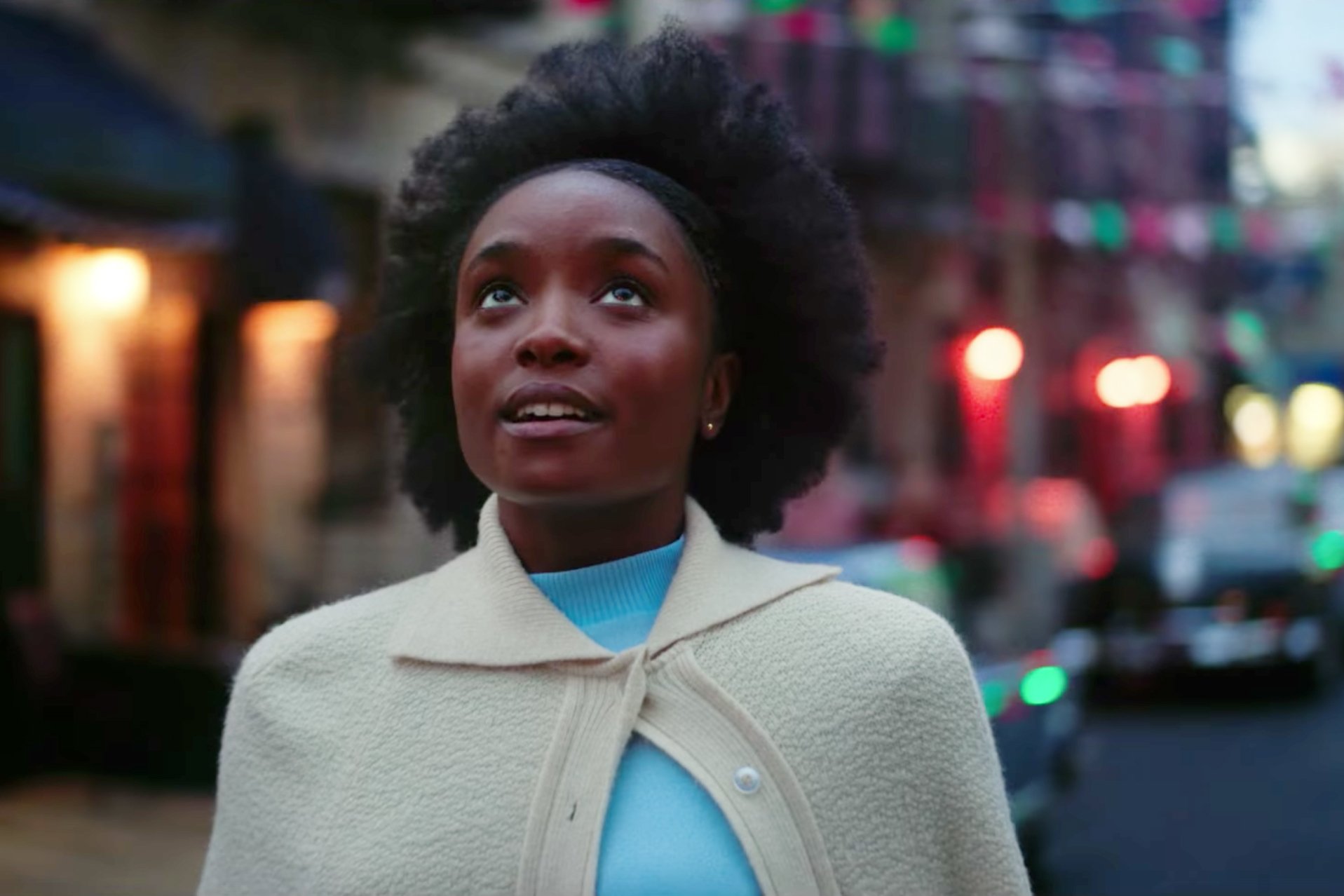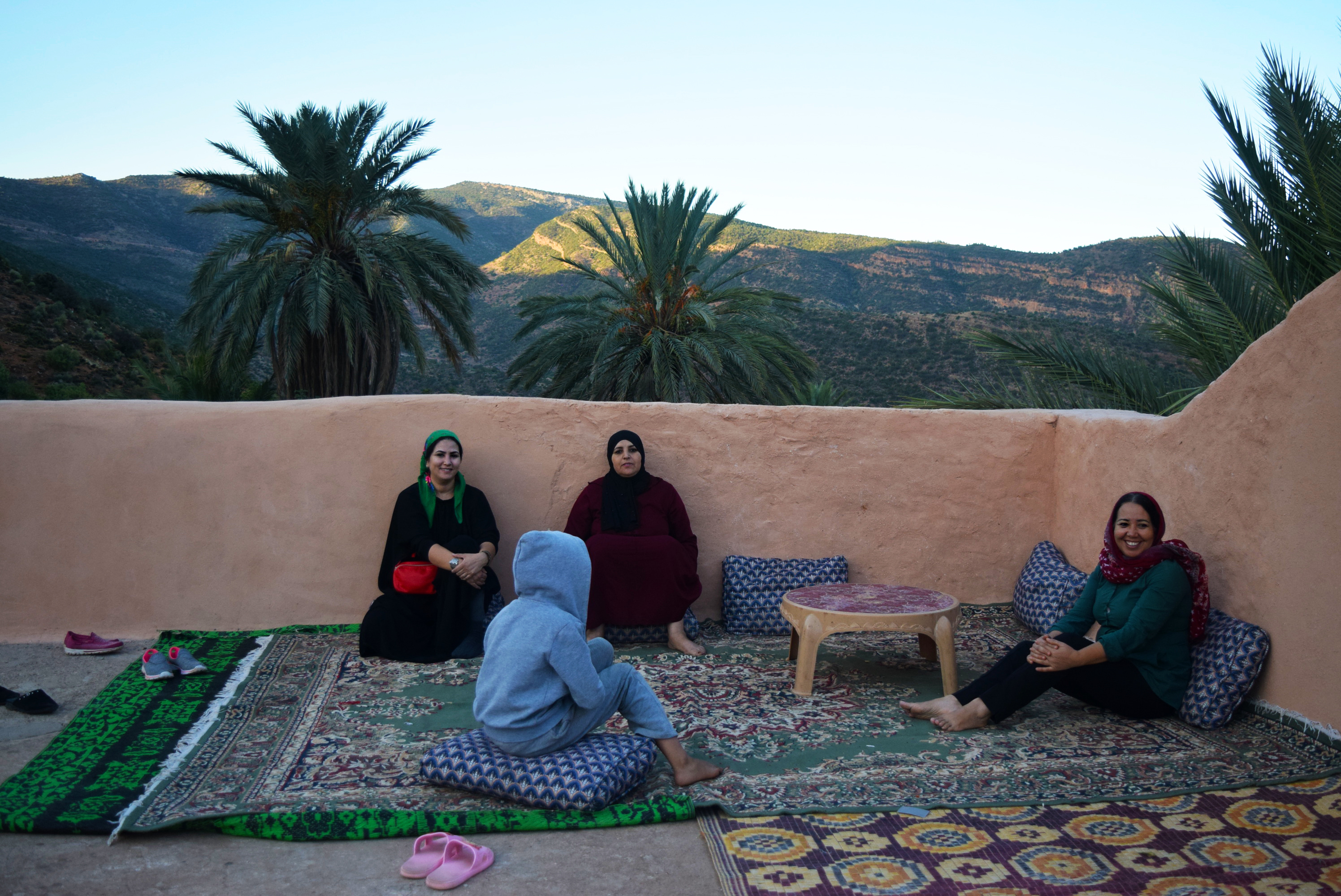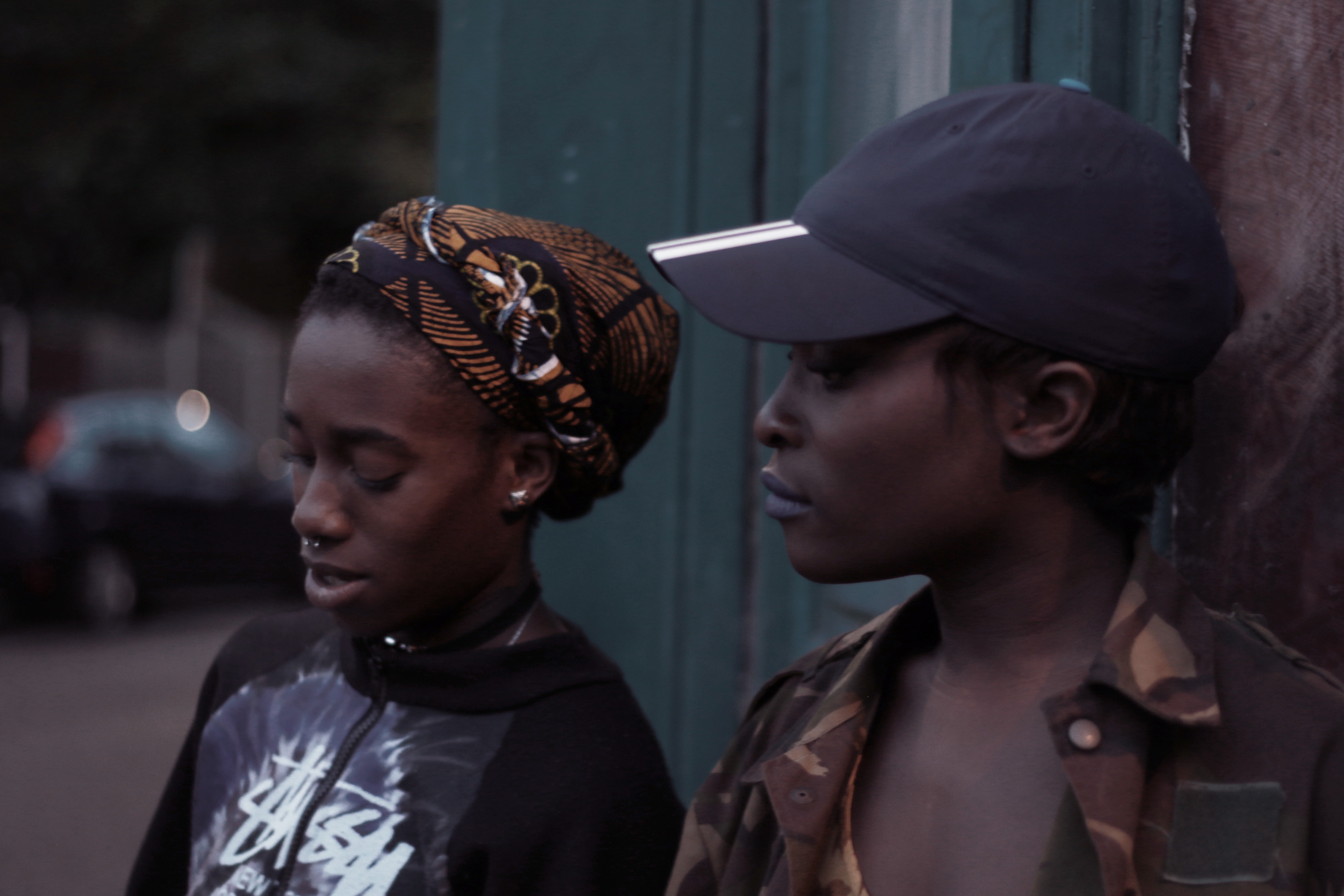
Many will have come across the film and web series Ackee & Saltfish written and directed by Cecile Emeke, which brought the dynamic black British duo Olivia and Rachel into our lives – a duo we didn’t know we needed until we got them. They’ve now made the transition to BBC Three, who launched a new programme this week.
From being thwarted in their efforts to attain Caribbean cuisine by the well-known foe of gentrification, to heated discussions on the rich history and culture of back-bread, Ackee & Saltfish presents us with a new way of seeing black British women. It shuns the tired and stereotypical narratives constantly churned out; we see black women presented as carefree, witty and deeply unapologetic for a change. With such fierce on-screen chemistry, it’s no wonder that the actresses who play them, Michelle Tiwo and Vanessa Babirye, have forged a strong bond.
“Without Ackee & Saltfish, we still would’ve been semi close but I don’t think we would’ve ever gotten to the point where it is now,” says Michelle. “It was all those hours together, just doing the rehearsals and having to find the balance and that chemistry so that it’s real.” While the critically acclaimed web series was the first project the duo worked on together, they met long before at a drama class eight years ago. “I remember being like, ‘who’s that chick with the really raspy voice?’” adds Vanessa, “I thought she was really cool because she was just doing her own thing – I feel like when people are themselves in spaces where people normally aren’t, it’s a rebellious thing.”
Sat in Vanessa’s cosy living room watching the two friends is like being privy to the interactions between a happily married couple – the finishing of each other’s sentences, and even trains of thought before the other people in the room have caught up and all the other glorious clichés. The authentic bond between Vanessa and Michelle translates into their on-screen work, despite it being scripted. “Every episode that you’ve seen is the script but from the get-go, we had workshopped it so much that we could improvise as characters. In The Lauryn Hill Tickets for example, the singing was a result of Cecile behind the camera saying, “Sing! Sing Zion! No no, make your voice crack! Vanessa, cut your eye!”
Whilst Ackee & Saltfish is a combination of improv and script work, the pair are actors nonetheless, something which occasionally gets dismissed, receiving comments like “you’re not even acting”. “I find it quite disrespectful to the eight-10 weeks of rehearsing, workshopping, writing diaries”, Vanessa vocalises, “We really discredit young people, black people and women, and we’re all three – misogynoir is a real thing. People don’t like liberated and opinionated black women.” As a result, the actresses emphasise the importance of friendship as a means of reaffirmation. “You just need to surround yourself with people who tell you you’re amazing everyday and remember why you’re doing it all.”
Something that Michelle and Vanessa have found, however, is that confirmation of the importance of Ackee & Saltfish has come from those close to them but also from those who don’t know them and just catch them on the street. “We were never expecting the reaction that we’ve had from Ackee & Saltfish over the last two years,” remarks Michelle, “I always feel very humbled and kind of blessed, like that little thing we did will have people coming up to me on the street without knowing me. I had a grown black man pushing his baby down the street in Streatham be like “Ackee & Saltfish – love you fam! You’re sick! That was an unreal moment.”
Despite the film and web series following the lives of two black women, their fan base is wide and varied which is down to the fact that it is so wholesomely refreshing and there is nothing else like it. “We did it because we didn’t have anything of ourselves. There’s no black British show where you just see women being themselves, there’s no show like that unless they’re talking about drugs, gangs, sex or being a slave – always some type of stereotype or caricature.” If taken at face value, one might see Ackee & Saltfish as short clips of two women being funny, but when you place it within the context of a society hell bent on forcing the black women into tired and predictable roles, the show becomes an inspiring statement about race and friendship, both on and off screen.
“If I didn’t have Ackee & Saltfish in my life,” Vanessa says, “I don’t know if I’d have Michelle or Cecile in my life, and those are people that I know I’ve danced with and married in previous lives and they affirm me everyday through just their existence.” Witnessing two women do nothing but engage in raising up and supporting one another, particularly in an industry categorised by looking out for yourself, in turn reasserts the simple beauty found in sisterhood.

